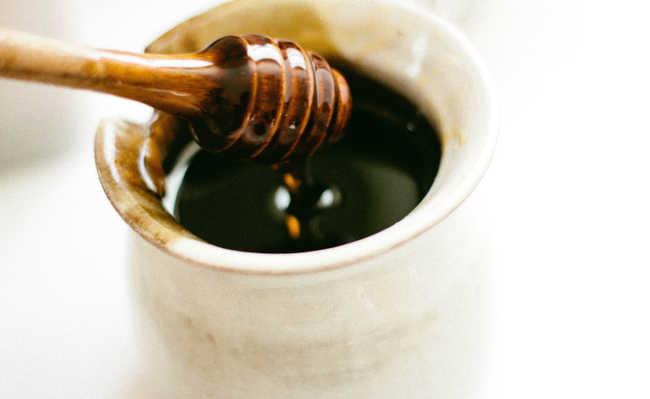Does artichoke lose weight?
Artichoke has several health benefits. But more studies are needed to prove that she loses weight

Resized image of Siniz Kim, is available on Unsplash
The artichoke is a plant with a scientific name Cynara cardunculus subsp. scolymus, formerly referred to as Cynara scolymus. The term "artichoke" comes from the Arabic al-kharshûf, which means "thorny plant". The name cynara comes from the Greek and, according to an ancient legend, it would be the name of a young woman who rejected Zeus and was transformed into a plant as a form of punishment.
- How to make artichokes: seven recipes for cooking at home
Very rich in vitamin C and minerals such as folic acid, magnesium and potassium, artichoke can be found in fairs in different parts of the world. But it probably originated in the Maghreb, in Africa.
Studies on artichoke concluded that crude and purified extracts of the plant, tested in both animals and humans, demonstrate hypolipidemic, hepatoprotective, choleretic, cholagogue (facilitate the transfer of bile contained in the gallbladder to the duodenum), antioxidants and others. It is reported that cinnarin is primarily responsible for the cholagogue and choleretic activities (increase the amount of bile secreted by the liver that is stored in the gallbladder).
Some studies suggest that artichoke extract has other potential health benefits, such as helping to improve digestion, lower cholesterol levels and regulate blood sugar. But there is no clinical evidence that artichoke supplements help with weight loss.
If you think artichoke loses weight, seek medical help before taking supplements.
How does artichoke extract affect digestion?
Artichoke leaf extract contains high concentrations of a compound called cynarin. Some evidence suggests that it can help promote digestion.
According to a review article published in Plant Foods for Human Nutrition, cynarin helps to stimulate the production of bile, a natural substance that helps the body to digest fats and absorb nutrients from food.
Some evidence suggests that artichoke extract may even help relieve stomach pain and irritable bowel syndrome symptoms.
How does artichoke extract affect cholesterol?
Research suggests that artichoke extract can help lower cholesterol levels. The review article published in Plant Foods for Human Nutrition reports that artichoke extract can inhibit cholesterol synthesis, helping to lower total blood cholesterol levels as well as low-density lipoprotein (LDL) levels, also known as "bad cholesterol."
An article published in Cochrane Database of Systematic Reviews it also confirms that artichoke extract can help lower cholesterol levels. But the authors caution that more research is needed.
Maintaining healthy cholesterol levels is important for overall health, especially heart health. High cholesterol can cause plaque to form in the arteries. This can lead to chest pain, heart attacks and strokes. If you have high cholesterol, your doctor will likely recommend that you eat a well-balanced diet and exercise regularly. He may also prescribe cholesterol lowering medications.
How does artichoke extract affect blood sugar?
Artichoke extract supplements can also help regulate blood sugar levels, benefiting pre-diabetic people. If you have prediabetes, your fasting blood glucose levels are above normal.
A study published in Phytotherapy Research suggests that artichoke extract supplements may help lower blood glucose levels in overweight people. Participants who took the supplements showed improvements in their blood sugar levels. They also showed improvements in their cholesterol levels.
If left untreated, pre-diabetes can lead to diabetes, which in turn can increase the risk of many health problems, including kidney disease, heart disease, stroke and diabetic coma. If you are diagnosed with pre-diabetes, your doctor will likely encourage you to eat a well-balanced diet, exercise regularly, and lose excess weight.
But after all, does artichoke get thin?
Although some people claim that artichoke extract slims, these claims have not yet been supported by scientific studies.
To cut out “empty calories,” avoid foods that are high in processed sugar and unhealthy fats. Limit your consumption of fried foods, cookies, cakes, sodas and other sweets.
According to the Mayo Clinic, fiber-rich foods provide a greater feeling of satiety than low-fiber alternatives. They can satisfy the urge to eat for longer, which can help prevent overeating. To find out what are high fiber foods, take a look at the article: "What are high fiber foods".
To know how to lose weight healthy, without stopping eating, take a look at the article: "21 foods that help you lose weight healthy".










